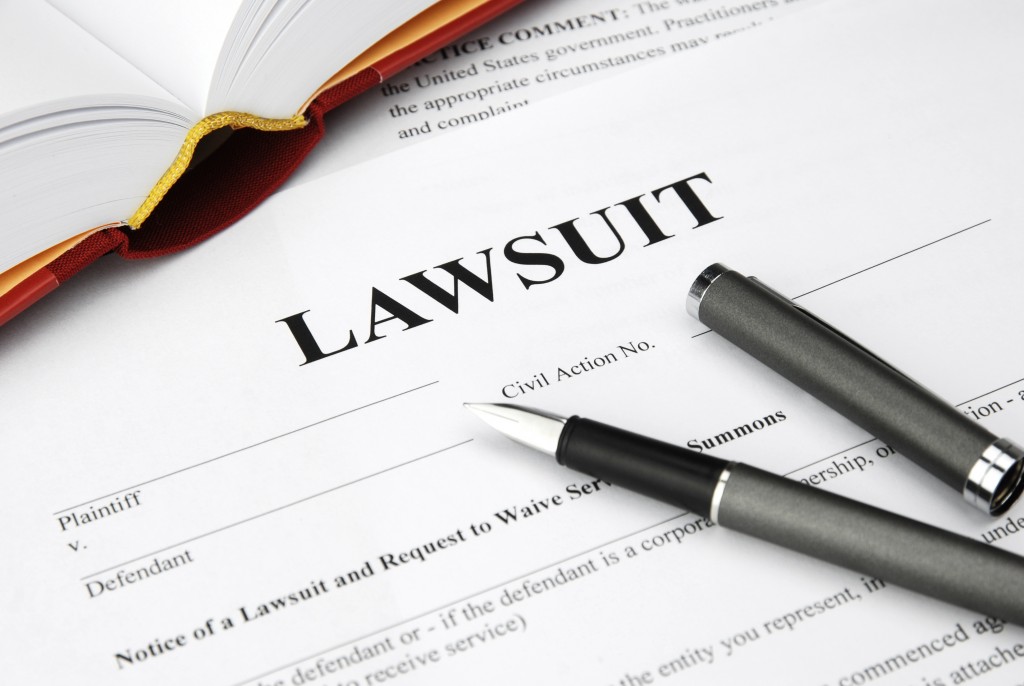There are many reasons you may want to file a lawsuit against a person or an organization. You may have lost money doing business with them, incurred damage to your company’s brand, or gotten yourself into an accident. When any amicable reconciliation seems impossible to achieve without involving legalities, it’s tempting to bring the other party to court. After all, when you can’t make them accountable, surely the justice system can.
While this is a logical train of thought, you have to consider the reality that filing a lawsuit is not as easy as you might expect. Trials don’t always transpire the way they do in shows like Law & Order, and you might find yourself facing more problems than solutions.
Before you contact a lawyer and proceed with your lawsuit, consider these 4 key questions to increase your chances of making the right decision.
Is It Possible to Sue?
Just because you’re aggrieved due to monetary issues or damages to your brand or person doesn’t mean you can actually sue. Sometimes, there’s not enough evidence, or you’ve gone beyond the statute of limitations. This is the reason it’s good to have a lawyer on your side early so that you can piece together a viable case that the court will accept. You’ll also have to make sure that you do so soon after the incident transpires. The statute of limitations varies depending on the charge you’re making and the state and country you’re in.
If contracts are involved, review the clauses to see whether arbitration is included. Contracts with arbitration clauses prohibit you from going to court. Any problem must be addressed in this way instead, so you’re better off choosing an attorney with experience in this field.
Can You Pay Your Lawyer?
Not all cases can force the other party to pay for your attorney’s fees. Even if it is one, however, you have no guarantee that it will be approved. You’ll want to go into this expecting that you’ll be the one responsible for paying your lawyer’s fees. There’s also the uncertainty of when exactly the case will end. Some take years of litigation to settle, depending on the nature of the charge and other factors that come into play. It’s not uncommon for people to lose money in their quest for justice, which only creates more problems than they need.
That said, lawyers aren’t the only expenses you’ll shoulder throughout the lawsuit. You’re also responsible for paying a process server to start the process officially. After the initial action, it can cost you over two thousand dollars more to respond to the defendant. Then comes the preparation for the trial, which can amount to over ten to fifteen thousand dollars at least. That’s not including any money you have to shell out based on the case’s conclusion. With these in mind, it’s easy to see why many people prefer not to go to court when settling legal matters.
Do You Have a Chance of Winning?

Feeling wronged is not enough to win a case. Sometimes, the evidence you provide will not suffice, or the other party can unravel insight that will turn the case against you. When this happens, you’ll have spent your time, money, and emotions on a futile endeavor.
Before you file for a lawsuit, have an in-depth discussion with your lawyer about your chances of winning. You’ll want to know the strength of your case before starting the litigation, or else face the irreversible consequences of poor decisions.
How Will Suing Affect Your Prospects?
Suing never led to amicable relationships. If you want to save your partnership with an investor or supplier, filing a lawsuit should be the last thing on your mind. You’ll also rethink it if there’s a chance that it will tarnish your brand or drain your company’s money. Even when you come out victorious, your staff could be demoralized, and your budget could be compromised. There’s also the issue of making amends with your patrons if it affected their trust in your products and services.
Unless you have the means to secure yourself or your company throughout the litigation, you’ll have to look for ways to settle outside of court.
Think Things Through
Never make such big decisions while you’re emotional. Should this be the road you want to take, set the right expectations. It’s when you understand how much you’ll spend, what you’re risking, and the toll this could take on you that you’ll have fewer regrets in filing a lawsuit.

